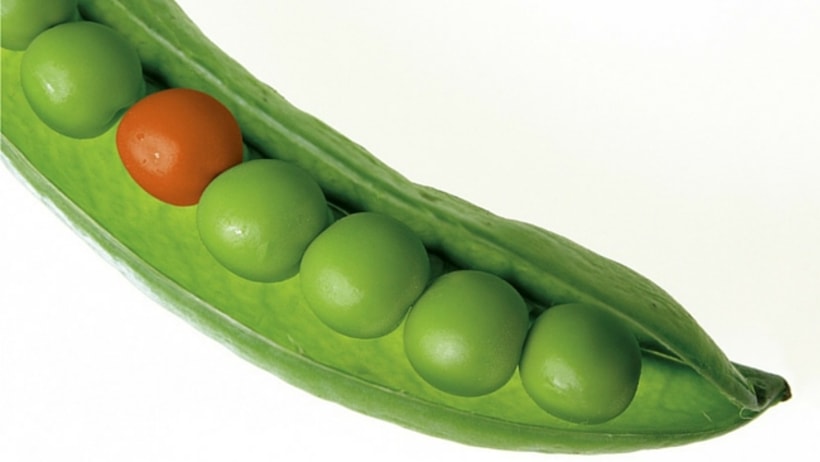We live in an age in which our differences are both praised and feared. We are raising our children to celebrate uniqueness of character, belief, and self expression. At the same time, we’re quick to make judgement calls and assume the worst. People of all ethnicities and backgrounds have climbed to positions of success in business and culture. At the same time, it seems like race is more of a hot-button topic than ever. How is it possible that we can celebrate differences and then run away out of fear because people are different?

In 2015 we saw the escalation of far too many race-centered issues here and abroad. Whether the answer is protesting in the streets, simply engaging in conversation, or somewhere in the middle, doing nothing is not a response that will work.
The Torah has plenty to say about people of different cultures and how we should deal with our differences. This week we read parshat Shemot, the first section of text in the second book of the Torah. This parshah details the Israelites’ journey in Egypt after Joseph is gone and when a new king who does not know these people comes to power. In addition to reading about the birth of Moses and his quick rise to power in the community, we hear about a leader who fears difference and find out his response to it.
Chapter 1, verse 19 illustrates this idea of how we choose to react to “different.” The midwives, Shifra and Puah, are noted as allowing the babies to live even after Pharaoh has decreed otherwise. When questioned by Pharaoh for their actions, they respond “Because the Hebrew women are not like the Egyptian women: they are vigorous.” The midwives intended this to mean that they give birth too fast to try to alter the population. However, Pharaoh interprets “vigorous” as “like animals.” This is enough to convince Pharaoh that the Israelites are practically a different species, less human and less deserving of life than the Egyptians.
The midwives see one thing, and Pharaoh sees another. They interpret the same characteristic in different ways. In this secular new year, may we learn to appreciate not only our differences, but our perspectives. Replace “eye for an eye” with “eye to eye” and imagine the kind of 2016 we could create.
-Rabbi Eve Posen
Source: Different in 2016 – Parshat Shemot 5776 – Rabbi Eve Posen



